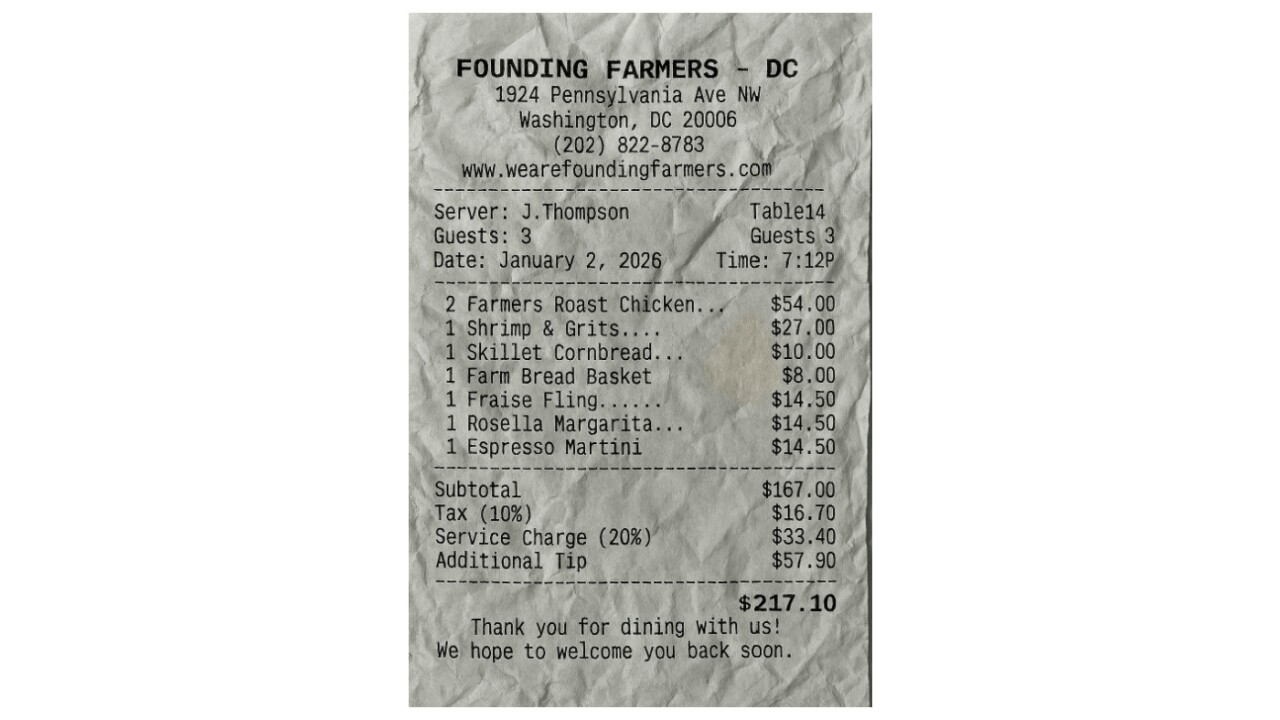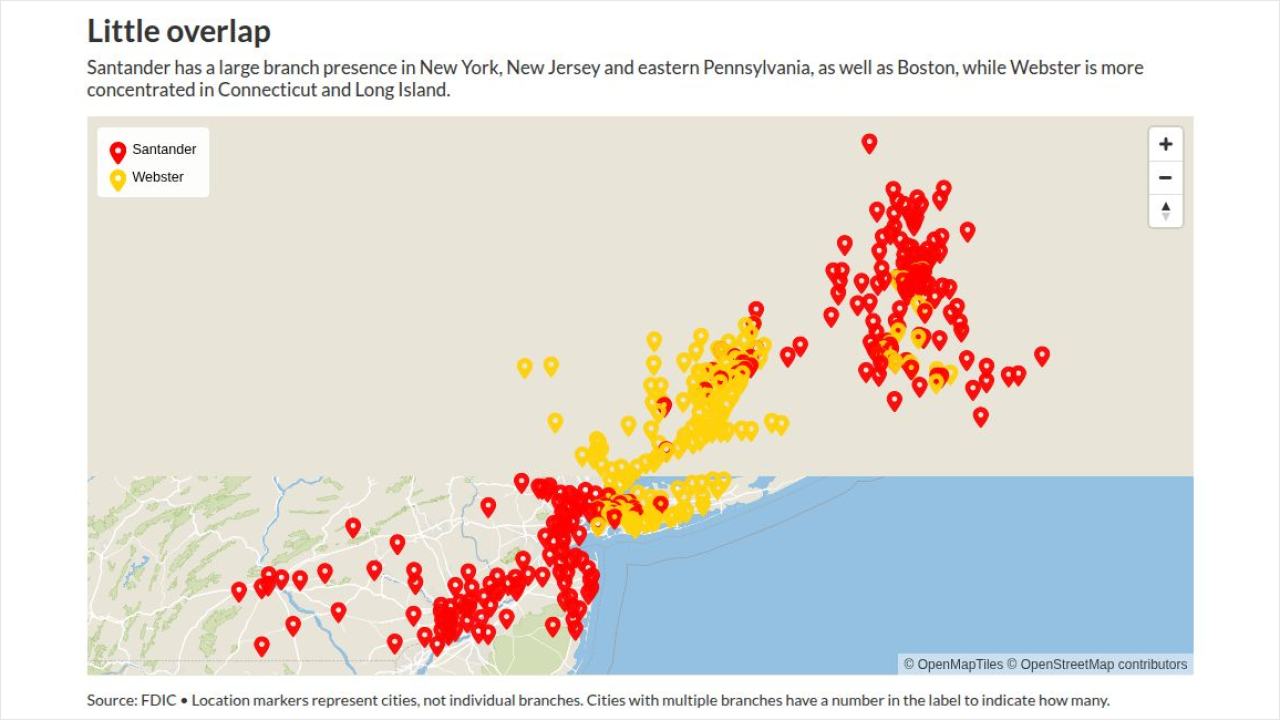- Key Insight: Out of 12 FOMC members, only Federal Reserve Gov. Stephan Miran dissented from the majority in this week's interest rate vote, suggesting far more unity among central bankers than was feared.

The Federal Reserve building in Washington, D.C. Graeme Sloan/Bloomberg - Expert quote: "I think if Bowman and Waller had dissented along with Miran, you would have potentially had more pressure on the dollar and might have seen inflation expectations move higher," — Brian Levitt, global market strategist at Invesco.
- What's at stake: If a Trump-aligned coalition emerges at the central bank, markets would likely question the Fed's future willingness to raise interest rates to tame inflation.
The fluctuating membership on the Federal Reserve Board this week led to some speculation that President Donald Trump's appointees could begin to coalesce into a voting bloc pressuring interest rates lower. But the September Federal Open Market Committee vote showed that's not the case.
Newly appointed Fed Gov. Stephan Miran was the only Trump-appointed member to dissent on the
Addressing the vote,
The outcome was reassuring to market watchers.
Brian Levitt, global market strategist at Invesco, said Waller and Bowman voting with Fed Chair Jerome Powell "was viewed as a good sign."
"I think if Bowman and Waller had dissented along with Miran, you would have potentially had more pressure on the dollar and might have seen inflation expectations move higher," Levitt said. "That might have been a market that quickly turned its attention to Fed independence, but the fact that Waller and Bowman did not dissent — I would view that as the market having taken it well."
Federal Reserve independence has been a simmering topic for years, but has taken on new urgency since Trump's inauguration in January. Trump has criticized the central bank's monetary policy for generally being too restrictive, even threatening to
Lou Crandall, chief economist at Wrightson ICAP, said it's possible Bowman and Waller were "borderline" on supporting a 50-basis-point cut, but ultimately, the committee was "pretty united in thinking the risks had shifted marginally."
"The market was reassured by not seeing an open schism on the board," Crandall said.
Mark Zandi, chief economist at Moody's Analytics, said both Bowman and Waller "expressed being dovish around rates before," which led to the assumption that they might dissent.
"But the fact that Miran was the only dissent suggests that the board is still making decisions based on their mandate of full employment and low and stable inflation, so I took solace in that," he said.
Crandall said he was surprised by the Fed's economic projections, which showed that
"The current trends continue to be moving more aggressively than I had thought," Crandall said. "The market pricing was split between two and three cuts this year going into the meeting, and it sounds like the FOMC as a whole didn't think that was an unreasonable assessment of the distribution possibilities."
The Fed has been cautious about cutting short-term interest rates this year, partly due to uncertainty over how tariffs and changes to immigration policy will affect inflation and the labor market. However, weakened job report numbers created the impetus for FOMC members to loosen monetary policy with a rate cut.
The most recent employment figures released by the Bureau of Labor Statistics showed the economy
Though uncertainty around the future of the central bank's independence has begun to mount, there is no market panic just yet. However, Levitt said he is watching for weakness in the dollar and a rise in inflation expectations, which could suggest a shift in perception.
"It becomes less clear precisely what the next FOMC will look like and whether the new FOMC will be far more aggressive than what the current market expects," Levitt added. "So this was an early indication where, yes, even with Miran being more aggressive, the other two Trump appointees were in line with the rest of the FOMC."
Zandi said investors are likely holding off on any major interest rate-sensitive investments in the coming months because the Fed's composition could still be in flux. The outcome of Cook's litigation will determine whether she remains on the board, and Powell's term as Fed chair expires next May. The Fed board is also
"I think they're holding their powder and waiting to see how those things play out before actually making a move in terms of an investment," Zandi said.





